Table of Contents
L-carnitine is synthesized in the body from the amino acids lysine and methionine. No matter what your fitness goals are, whether it’s losing fat or gaining muscle mass, your chances of success can greatly increase with L-carnitine. [1]
The main role of L-carnitine in the body is to ensure mitochondrial function and energy production. In cells, it helps transport fatty acids to mitochondria where they are subsequently converted into energy. [2] About 98% of the carnitine in the body is found in the muscles, but a significant proportion is also found in the blood and liver. [3]
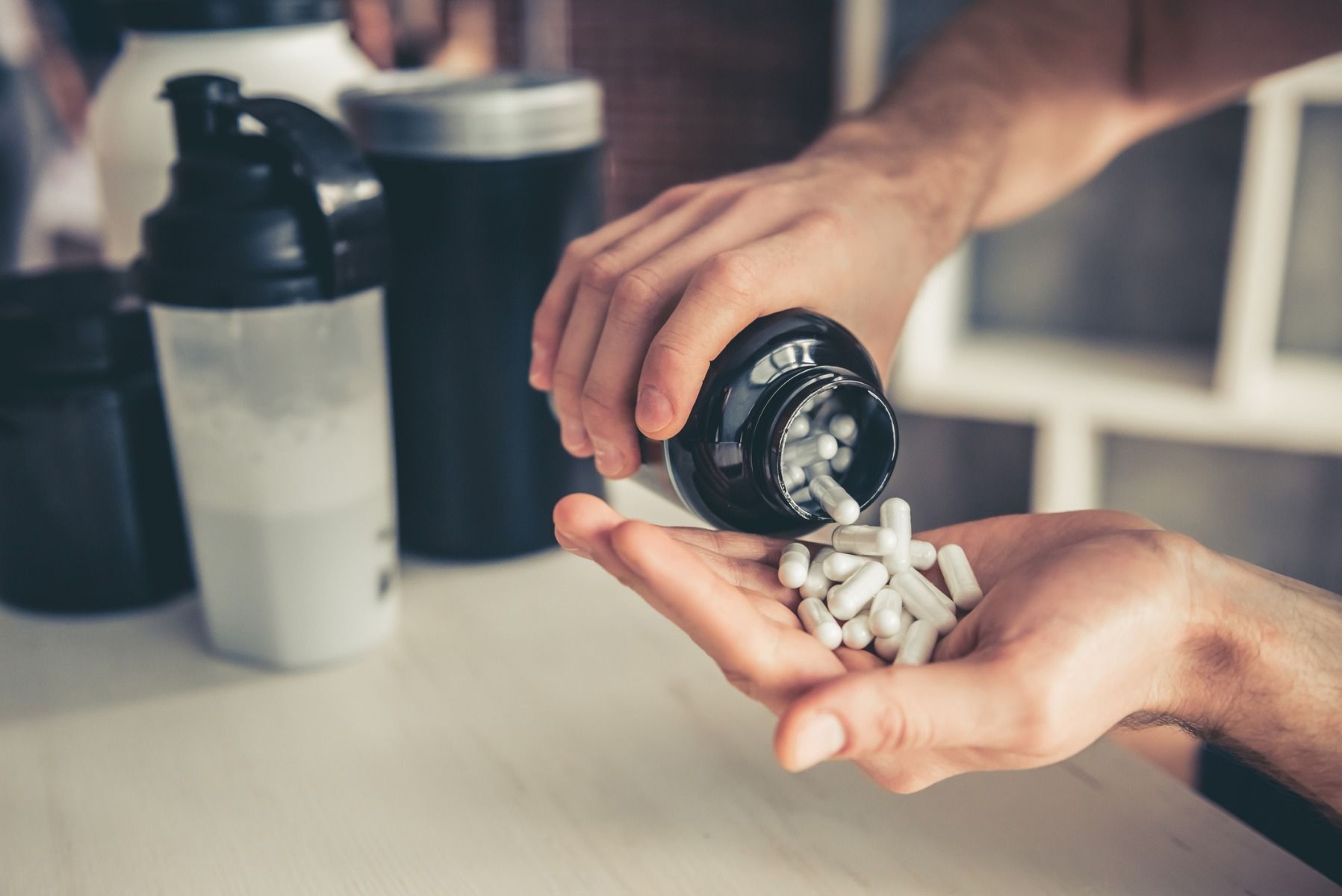
Types of carnitine
L-carnitine is a standard biological form of carnitine that is naturally found in the human body, food and supplements.
We know several types of carnitine:
- D-carnitine: this inactive form of carnitine can cause its deficiency in the human body by absorbing other, useful forms of carnitine [4]
- Acetyl-L-carnitine (also known as ALCAR): this form of carnitine is probably the most effective form of carnitine for brain activity. It is also used to treat neurological diseases such as Alzhaimer’s. [5]
- Propionyl-L-carnitine : this form of carnitine is suitable for circulatory problems such as peripheral vascular disease or high blood pressure. Its beneficial effect lies in the formation of nitric oxide (NO) which improves blood circulation. [6]
- L-carnitine L-tartrate: is the most widespread form of carnitine, especially in nutritional supplements due to its ability to absorb rapidly. It contributes to acceleration of regeneration and eliminates muscle fatigue. [7]
- D-carnitine: this inactive form of carnitine can cause its deficiency in the human body by absorbing other, useful forms of carnitine [4]
- Acetyl-L-carnitine (also known as ALCAR): this form of carnitine is probably the most effective form of carnitine for brain activity. It is also used to treat neurological diseases such as Alzhaimer’s. [5]
- Propionyl-L-carnitine : this form of carnitine is suitable for circulatory problems such as peripheral vascular disease or high blood pressure. Its beneficial effect lies in the formation of nitric oxide (NO) which improves blood circulation. [6]
- L-carnitine L-tartrate: is the most widespread form of carnitine, especially in nutritional supplements due to its ability to absorb rapidly. It contributes to acceleration of regeneration and eliminates muscle fatigue. [7]
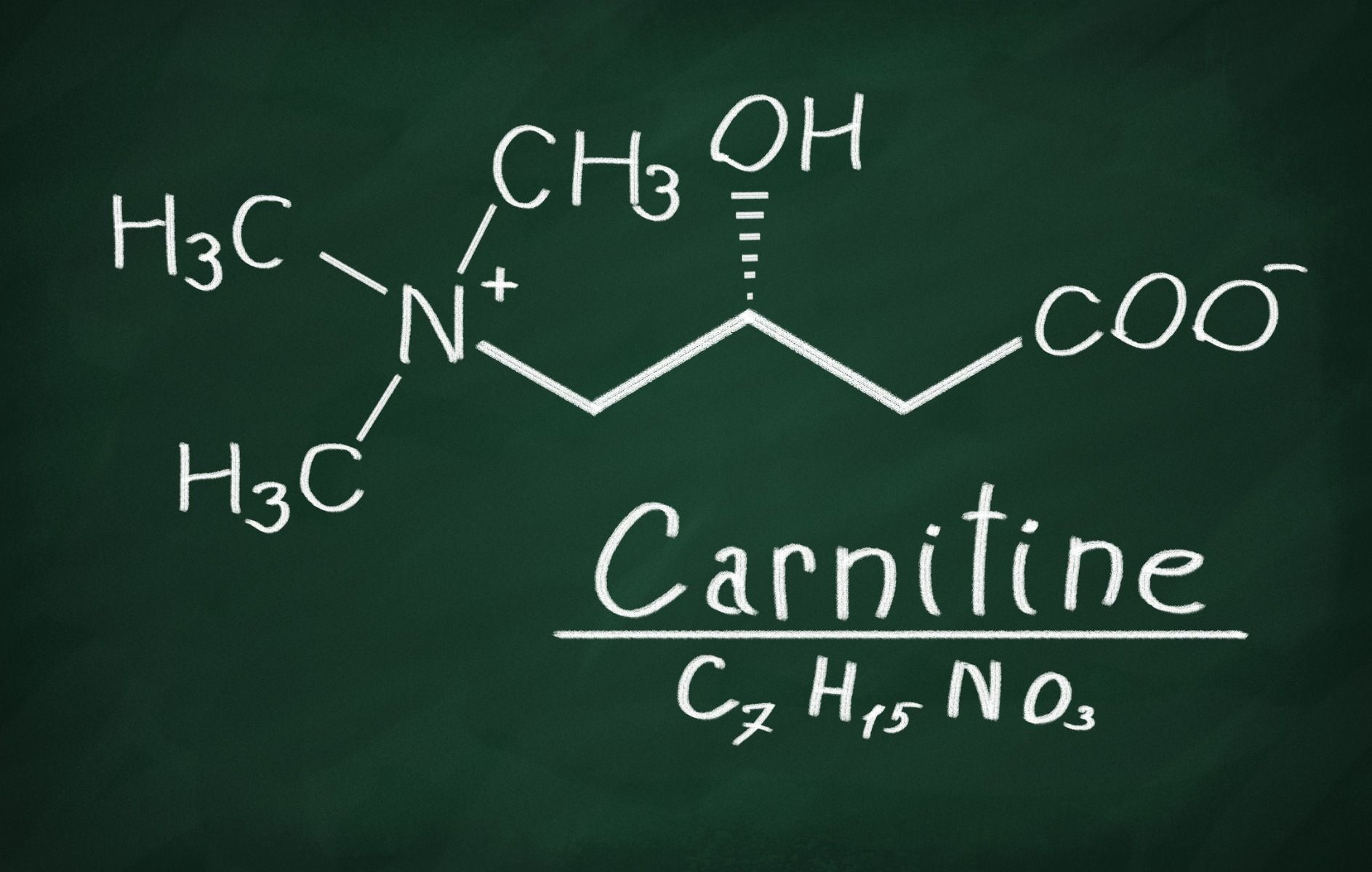
Studies, that focused on how l-carnitine works, were already done in 1937. Let’s look at some of the benefits that L-carnitine provides:
You might be interested in these products:
1. L-Carnitine & weight loss
One of the most exciting and up-to-date researches has explored how can L-carnitine improve sports performance. In a study conducted by the University of Medicine in Nottingham, one group of athletes received 2 grams of L-carnitine along with 80 grams of high glycemic index carbohydrates early in the morning, then again 4 hours later in the period of 24 weeks. The other group of athletes received only carbohydrates . [8]

It has been found that during low-intensity cycling, athletes taking L-carnitine burned 55% less muscle glycogen while increasing their ability to burn fat by 55%. During high cycling intensities, athletes taking L-carnitine had a lower level of lactic acid which is known to cause muscle soreness. The level of creatine phosphate, which is one of the basic building blocks of ATP, has also increased. [8]
2. Building muscle mass
Studies have shown that L-carnitine supplementation supports the effect of so called growth factor -l, which serves to increase muscle growth by increasing the level of one of the proteins that binds to this growth factor. [9], [10] The great news is that you can receive carbohydrates without gaining excess fat.
UK researchers have found that athletes, who used L-carnitine and received 640 calories more from the quickly digestible carbohydrates during their diet, did not gain any excess fat. In contrast, athletes who did not use L-carnitine gained more than 2 kg of body fat. [11]

3. Relieving muscle pain & faster regeneration
In many human studies, 1 to 2 gram daily doses of L-carnitine have shown a significant reduction in muscle damage, especially after challenging workouts, which means that muscle tissue regenerates more quickly. [12], [13], [14], [15]
It has also been proved that L-carnitine relieves muscle pain, and best of all, this research has been conducted on healthy active women, not lab rats. [12]

4. Cardiac diseases
One study, conducted on only a small sample of 10 people, reported that supplementation with L-carnitine may increase the risk of atherosclerosis. [16] However, the way the study was conducted and prepared was highly criticized by many leading scientists. Science experts have pointed to other studies involving more participants, which have proved that L-carnitine supplementation reduced the risk of cardiovascular disease. [17], [18]
5. Improvement of blood circulation
The benefits of L-carnitine, which affect physical performance, are not only related to the ability to improve fat burning and reduce glycogen utilization, but also to improve blood circulation and hence improve blood flow to the muscles. Improving blood circulation means that the necessary nutrients and hormones get during exercise just where the body needs them. [19]
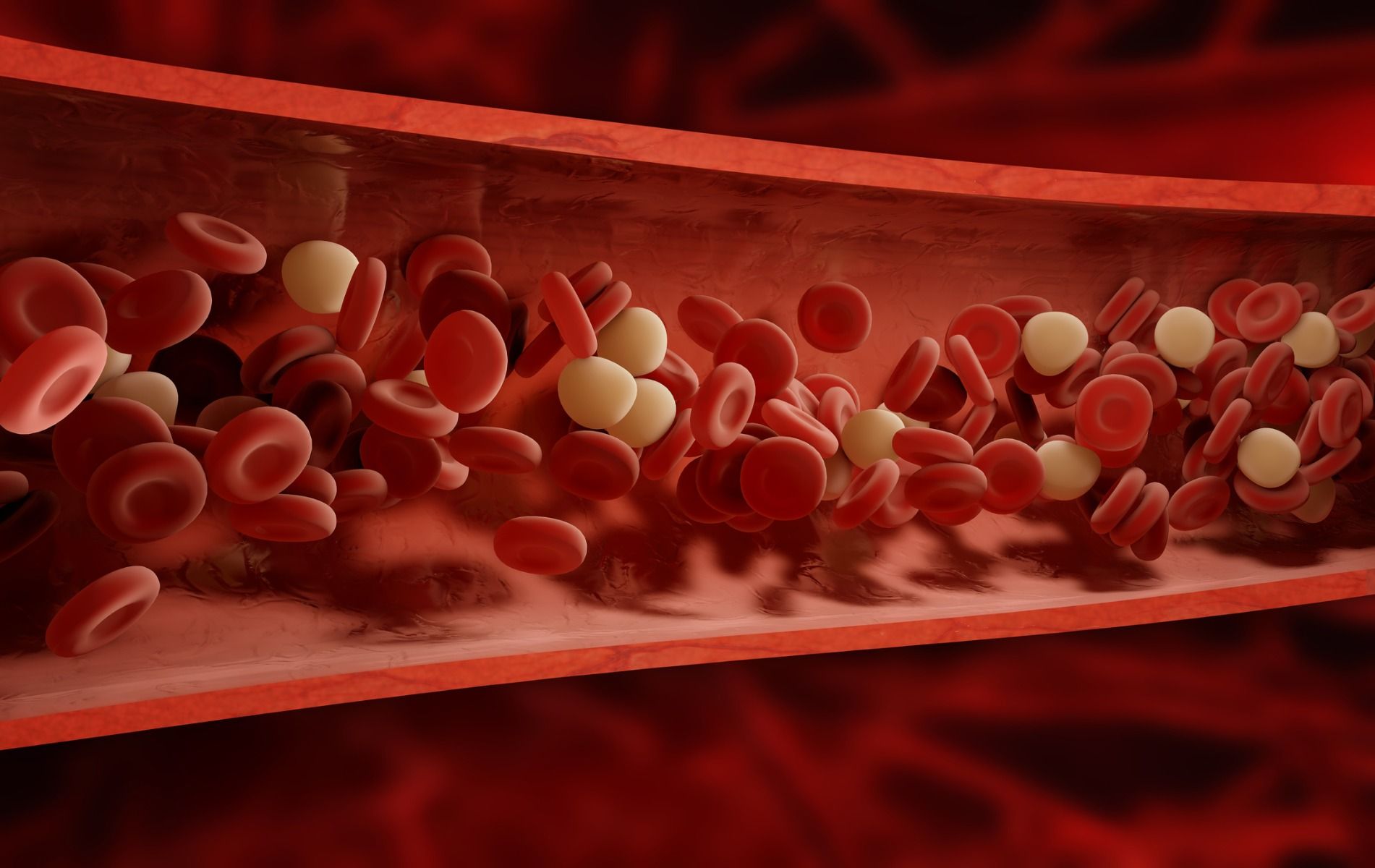
So how does it work? L-carnitine reduces damage in the body by nitric oxide (NO). It also increases the activity of one of the key enzymes found in nitric oxide in our body. Increased levels of nitric oxide in the bloodstream not only increase energy during training, but also help accelerate muscle recovery. [20]
6. Male infertility
The University of Connecticut has found that L-carnitine is able to raise levels of testosterone receptors, also known as androgen receptors, and are found in muscle cells. [21] This factor positively affects the quantity and quality of sperm. [22] In addition, the more these receptors are found in your muscle cells, the more testosterone can bind to them, which also stimulates muscle mass growth and strength.

One study conducted by Italian scientists showed that L-carnitine was more effective than testosterone therapy in the treatment of dysfunctional erection. [22] This may also be due to the fact that L-carnitine increases the NO level and thus improves the blood flow in the muscles.
7. Mothers who want to lose weight after giving birth
L-carnitine levels in the female body have been shown to decrease during pregnancy. However, the reason that caused this reduction has not been proved yet. However, new studies suggest that this is due to a reduced level of carnitine biosynthesis, which may be caused by low iron levels in the female body. [23]
The study pointed out that L-carnitine is beneficial in weight loss after delivery, promotes cardiovascular health and increases plasma levels that are decreased during pregnancy. [23]

8. Type 2 diabetes
People suffering from Type 2 diabetes can benefit from carnitine supplementation. Taking L-carnitine can help diabetics increase glucose oxidation, glucose storage as well as glucose intake. In addition, L-carnitine improves the insulin sensitivity that occurs in many patients with Type 2 diabetes. [24]
9. Immune system
Research has shown that all immune cells receive a small dose of L-carnitine, which is needed for them to replenish the energy used to defend the body against viruses or diseases. It has also been found that L-carnitine can rapidly alter the activation of immune cells, leading to an improvement in the body’s immune responses. [25]
10. Brain functions
L-carnitine helps the individual brain functions and also increases synaptic nerve transmission in the brain, which promotes memory improvement and improves brain capacity. [26]

11. The antidote to valproic acid poisoning
Valproic acid (VPA) is a chemical compound that has found clinical use as an anticonvulsant and mood stabilizing drug, particularly in the treatment of epilepsy, bipolar disorder, or even depression. It is also used to treat migraine and schizophrenia. It is sold under the trade names of Depakote, Depakote ER, Depakene, Depacon, DEPAKINE and Stavzor.
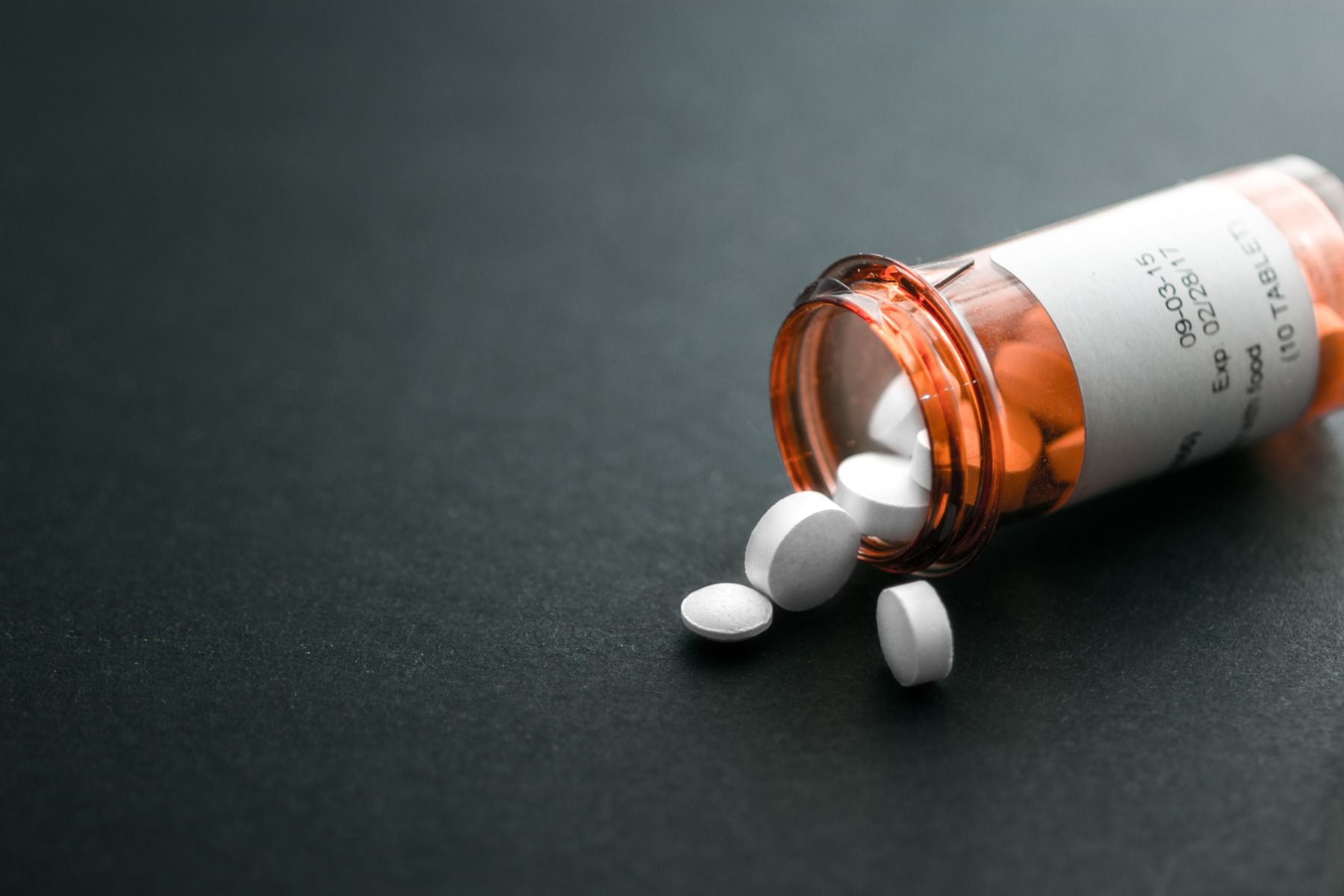
Although not necessarily a bodybuilding problem, there are thousands of cases of valproic acid use each year. Nevertheless, it is unable to serve as an antidote for itself, while consuming L-carnitine is considered to be an aid and an antidote, if for some reason you are suffering from this dangerous poisoning. [27]
Sources of L-carnitine
L-carnitine is available in foods, but enjoys great popularity especially in the form of nutritional supplements. L-carnitine nutritional supplements are available in liquid, powder and tablet form.
Natural sources containing the largest amount of L-carnitine per 100 grams [28]:
- Beef steak – 56 to 162 mg
- Beef meatloaf (cooked) – 87 až 99 mg
- Milk – 8 mg
- Cod – 4 až 7 mg
- Chicken breasts (cooked) – 3 až 5 mg
- Ice cream- 3 mg
- Cheddar – 2 mg
- Whole wheat bread – 0,2 mg
- Asparagus (cooked) – 0,1 mg
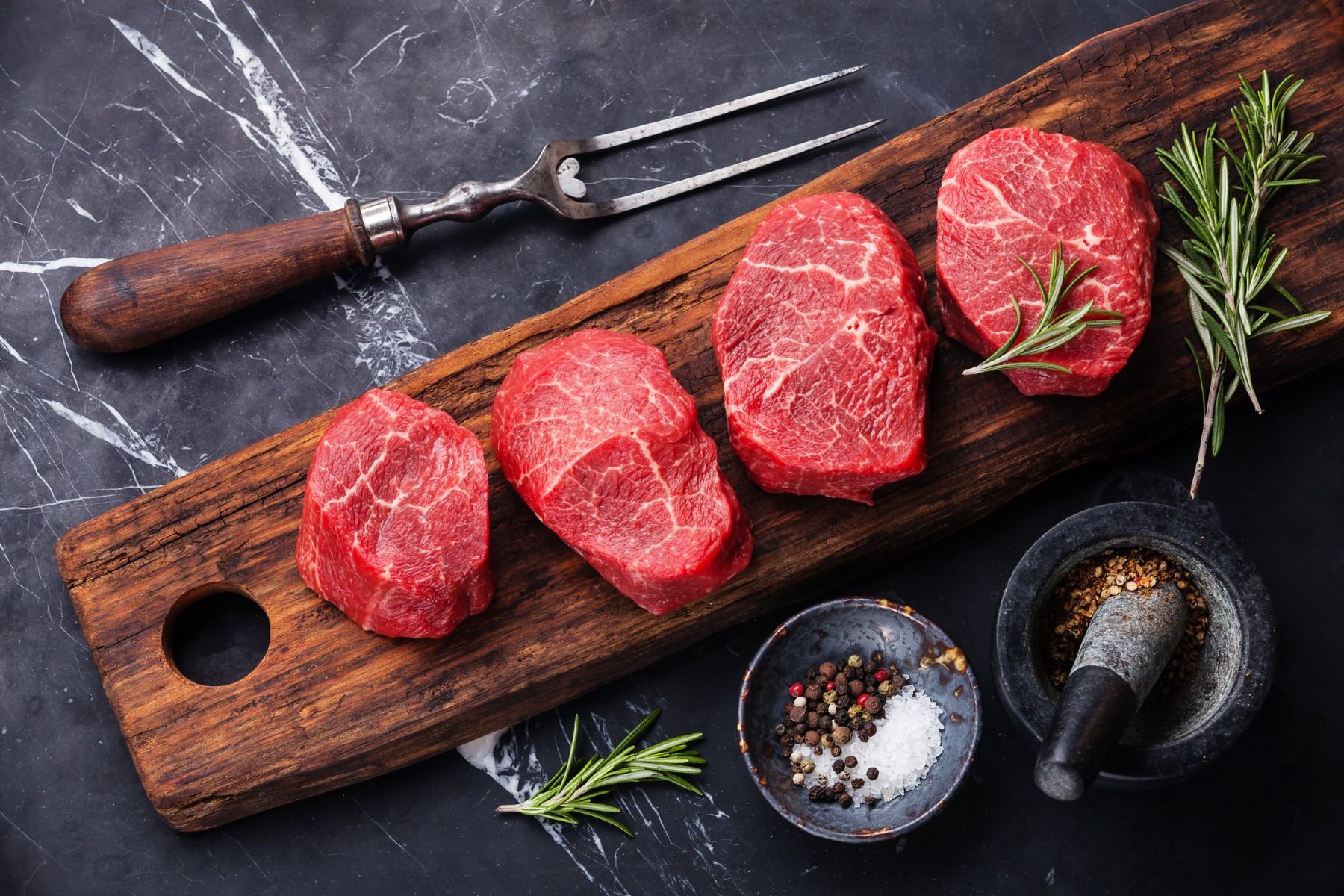
What is the recommended daily dose of L-carnitine?
The recommended daily dose of L-carnitine should be between 500 and 2000 milligrams. Interestingly, you can also combine it with synephrine, which also promotes fat burning. [29]
As you can see, L-carnitine offers a lot more benefits than just weight loss and fat burning. Was this article helpful? Support it by sharing and spread this valuable information to your friends.
[1] Kraemer WJ, Volek JS, Dunn-Lewis C. - L-carnitine supplementation: influence upon physiological function. - Curr Sports Med Rep. 2008 – https://www.ncbi.nlm.nih.gov/pubmed/18607224
[2] Foster DW - The role of the carnitine system in human metabolism. - Ann N Y Acad Sci. 2004 – https://www.ncbi.nlm.nih.gov/pubmed/15590999
[3] Evans AM, Fornasini G. - Pharmacokinetics of L-carnitine. - Clin Pharmacokinet. 2003 – https://www.ncbi.nlm.nih.gov/pubmed/12908852
[4] D-Carnitine – https://www.caymanchem.com/product/16749
[5] Kobayashi S, Iwamoto M, Kon K, Waki H, Ando S, Tanaka Y. - Acetyl-L-carnitine improves aged brain function. - Geriatr Gerontol Int. 2010 – https://www.ncbi.nlm.nih.gov/pubmed/20590847
[6] Bloomer RJ, Tschume LC, Smith WA.- Glycine propionyl-L-carnitine modulates lipid peroxidation and nitric oxide in human subjects. - Int J Vitam Nutr Res. 2009 – https://www.ncbi.nlm.nih.gov/pubmed/20209464
[7] Wall, B. T., Stephens, F. B., Constantin‐Teodosiu, D., Marimuthu, K., Macdonald, I. A., & Greenhaff, P. L. (2011). - Chronic oral ingestion of l‐carnitine and carbohydrate increases muscle carnitine content and alters muscle fuel metabolism during exercise in humans. The Journal of physiology, 589(4), 963-973. – https://physoc.onlinelibrary.wiley.com/doi/full/10.1113/jphysiol.2010.201343
[8] Kita, K., Kato, S., Yaman, M. A., Okumura, J., & Yokota, H. (2002). Dietary L-carnitine increases plasma insulin-like growth factor-I concentration in chicks fed a diet with adequate dietary protein level. British Poultry Science, 43(1), 117-121. – https://www.tandfonline.com/doi/abs/10.1080/00071660120109980
[9] Heo, Y. R., Kang, C. W., & Cha, Y. S. (2001). L-Carnitine Changes the Levels of Insulin-like Growth Factors (ICFs) and IGF Binding Proteins in Streptozotocin-induced Diabetic Rat. Journal of nutritional science and vitaminology, 47(5), 329-334 – https://www.researchgate.net/publication/11545690_L-Carnitine_Changes_the_Levels_of_Insulin-like_Growth_Factors_IGFs_and_IGF_Binding_Proteins_in_Streptozotocin-induced_Diabetic_Rat
[10] Eder K, Felgner J, Becker K, Kluge H. - Free and total carnitine concentrations in pig plasma after oral ingestion of various L-carnitine compounds. - Int J Vitam Nutr Res. 2005 – https://www.ncbi.nlm.nih.gov/pubmed/15830915
[11] How To Lose Body Fat Now: The Most Effective Methods Explained - Bodybuilding.com– https://www.bodybuilding.com/content/how-to-lose-body-fat-now-the-most-effective-methods-explained.html
[12] Ho, J. Y., Kraemer, W. J., Volek, J. S., Fragala, M. S., Thomas, G. A., Dunn-Lewis, C., ... & Maresh, C. M. (2010). l-Carnitine l-tartrate supplementation favorably affects biochemical markers of recovery from physical exertion in middle-aged men and women. Metabolism, 59(8), 1190-1199. – https://www.sciencedirect.com/science/article/pii/S0026049509004879
[13] Volek JS, Kraemer et al. L-Carnitine L-tartrate supplementation favorably affects markers of recovery from exercise stress. Am J Physiol Endocrinol Metab. 2002 Feb;282(2):E474-82. – https://www.ncbi.nlm.nih.gov/pubmed/11788381
[14] Kraemer, W. J., Volek, J. S., French, D. N., Rubin, M. R., Sharman, M. J., Gómez, A. L., ... & Hakkinen, K. (2003). The effects of L-carnitine L-tartrate supplementation on hormonal responses to resistance exercise and recovery. The Journal of Strength & Conditioning Research, 17(3), 455-462. – https://journals.lww.com/nsca-jscr/Abstract/2003/08000/The_Effects_of_L_Carnitine_L_Tartrate.5.aspx
[15] Spiering, B. A., Kraemer, W. J., Vingren, J. L., & Hatfield, D. L. (2007). Responses of criterion variables to different supplemental doses of L-carnitine L-tartrate. Journal of Strength and Conditioning Research, 21(1), 259. – https://journals.lww.com/nsca-jscr/Abstract/2007/02000/Responses_of_Criterion_Variables_To_Different.46.aspx
[16] Koeth, R. A., Wang, Z., Levison, B. S., Buffa, J. A., Org, E., Sheehy, B. T., ... & Smith, J. D. (2013). Intestinal microbiota metabolism of L-carnitine, a nutrient in red meat, promotes atherosclerosis. Nature medicine, 19(5), 576-585. – https://www.nature.com/articles/nm.3145?foxtrotcallback=true
[17] DiNicolantonio, J. J., Lavie, C. J., Fares, H., Menezes, A. R., & O'keefe, J. H. (2013, June). L-carnitine in the secondary prevention of cardiovascular disease: systematic review and meta-analysis. In Mayo Clinic Proceedings(Vol. 88, No. 6, pp. 544-551). Elsevier. – https://www.mayoclinicproceedings.org/article/S0025-6196%2813%2900127-4/fulltext
[18] Ferrari R, et al. Therapeutic effects of L-carnitine and propionyl-L-carnitine on cardiovascular diseases: a review. Ann N Y Acad Sci. 2004 Nov;1033:79-91. Review. – https://nyaspubs.onlinelibrary.wiley.com/doi/abs/10.1196/annals.1320.007
[19] Atalay, G. N., Erikoglu, O. G., Sezen, B. F., & Coskun, C. S. (2015). Effects of acute L-carnitine supplementation on nitric oxide production and oxidative stress after exhaustive exercise in young soccer players. The Journal of sports medicine and physical fitness, 55(1-2), 9-15. – https://europepmc.org/abstract/med/25289711
[20] Kraemer, W. J., Spiering, B. A., Volek, J. S., Ratamess, N. A., Sharman, M. J., Rubin, M. R., ... & Vingren, J. L. (2006). Androgenic responses to resistance exercise: effects of feeding and L-carnitine. Medicine & Science in Sports & Exercise, 38(7), 1288-1296 – https://www.researchgate.net/publication/6959345_Androgenic_responses_to_resistance_exercise_Effects_of_feeding_and_L-carnitine
[21] Garolla A, et al. Oral carnitine supplementation increases sperm motility in asthenozoospermic men with normal sperm phospholipid hydroperoxide glutathione peroxidase levels. Fertil Steril. 2005 Feb;83(2):355-61. – https://www.fertstert.org/article/S0015-0282(04)02839-0/abstract
[22] Cavallini G, et al. Carnitine versus androgen administration in the treatment of sexual dysfunction, depressed mood, and fatigue associated with male aging. Urology. 2004 Apr;63(4):641-6 – https://www.ncbi.nlm.nih.gov/pubmed/15072869
[23] Stephen Daniells - L-carnitine supplementation may prevent pregnancy-related declines - 29-Jul-2009 – https://www.nutraingredients.com/Article/2009/07/29/L-carnitine-supplementation-may-prevent-pregnancy-related-declines?utm_source=copyright&utm_medium=OnSite&utm_campaign=copyright
[24] Mingrone G, Greco AV, Capristo E, Benedetti G, Giancaterini A, De Gaetano A, Gasbarrini G. - L-carnitine improves glucose disposal in type 2 diabetic patients. - J Am Coll Nutr. 1999 – https://www.ncbi.nlm.nih.gov/pubmed/10067662
[25] Athanassakis I, Dionyssopoulou E, Papanikou S, Evangeliou A, Vassiliadis S. - Early events of the exogenously provided L-Carnitine in murine macrophages, T- and B-lymphocytes: modulation of prostaglandin E1 and E2 production in response to arachidonic acid. - J Nutr Biochem. 2003 – https://www.ncbi.nlm.nih.gov/pubmed/12873717
[26] Kobayashi S, Iwamoto M, Kon K, Waki H, Ando S, Tanaka Y. - Acetyl-L-carnitine improves aged brain function. - Geriatr Gerontol Int. 2010 – https://www.ncbi.nlm.nih.gov/pubmed/20590847
[27] Raskind JY, El-Chaar GM. - The role of carnitine supplementation during valproic acid therapy. - Ann Pharmacother. 2000 – https://www.ncbi.nlm.nih.gov/pubmed/10852092
[28] Rebouche CJ. Carnitine. In: Modern Nutrition in Health and Disease, 9th Edition (edited by Shils ME, Olson JA, Shike M, Ross, AC). Lippincott Williams and Wilkins, New York, 1999, pp. 505-12. – https://treatment.tbzmed.ac.ir/uploads/User/47/nutrition/1394/modern%20nutrition.pdf
[29] Rudy Mawer, MSc, CISSN - L-Carnitine – https://www.healthline.com/nutrition/l-carnitine

